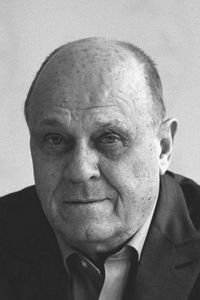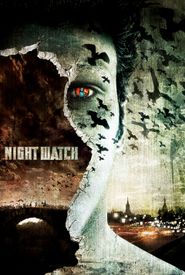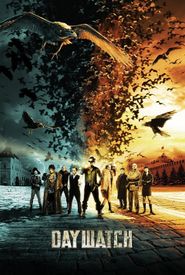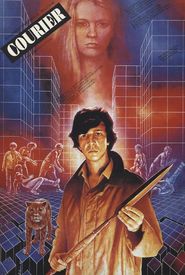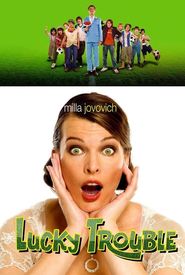Vladimir Menshov, a renowned Russian director and actor, is celebrated for his authentic portrayal of the Russian everyman and working-class life in his films. Born on September 17, 1937, in Baku, USSR (now the territory of Azerbaijan),Menshov followed in the footsteps of many Russian directors and actors by studying at the prestigious state film school VGIK.
Despite having a more extensive filmography as an actor, with a total of five movies, Menshov is most notable for his second film as director, Moscow Does Not Believe in Tears (1980),a beloved and iconic film in Russia. This masterpiece, starring his wife Vera Alentova, brought him international recognition and the Oscar for Best Foreign Film. Although he couldn't attend the Academy Awards ceremony due to political issues, the prize statuette was accepted by the USSR Commissioner to the U.S.
Moscow Does Not Believe in Tears is a poignant story of three girlfriends who venture to Moscow in search of a better life. Initially, the film can be seen as a great melodrama, but upon closer analysis, it is also a biography of a generation, capturing the essence of young people abandoning their provincial towns in the late 1970s to settle in the Russian capital.
In 1999, the 20th anniversary of the film's original release was commemorated with a series of events across Russia. Another notable film, the immensely popular comedy of manners Love and Doves (1985),tells the story of a rural farmer's romantic escapades with an urban lady. This film ensured that his career continued to flourish.
Menshov took a hiatus from directing in the following decade, during which he was critical of the cinema industry in rare interviews. He returned to filmmaking in 1995 with Shirli-myrli, a satirical extravaganza that poked fun at various aspects of cultural and political life in Russia. This film demonstrated that his "off the job" years had not affected his talent.
In 2000, he released Zavist bogov, a nostalgic drama that showcased his longing for the Soviet era lifestyle. Although criticized by some for being "too simple," Menshov was adored by ordinary cinema-goers, who saw him as one of the few directors capable of crafting perfect comedies and dramas from everyday situations.
